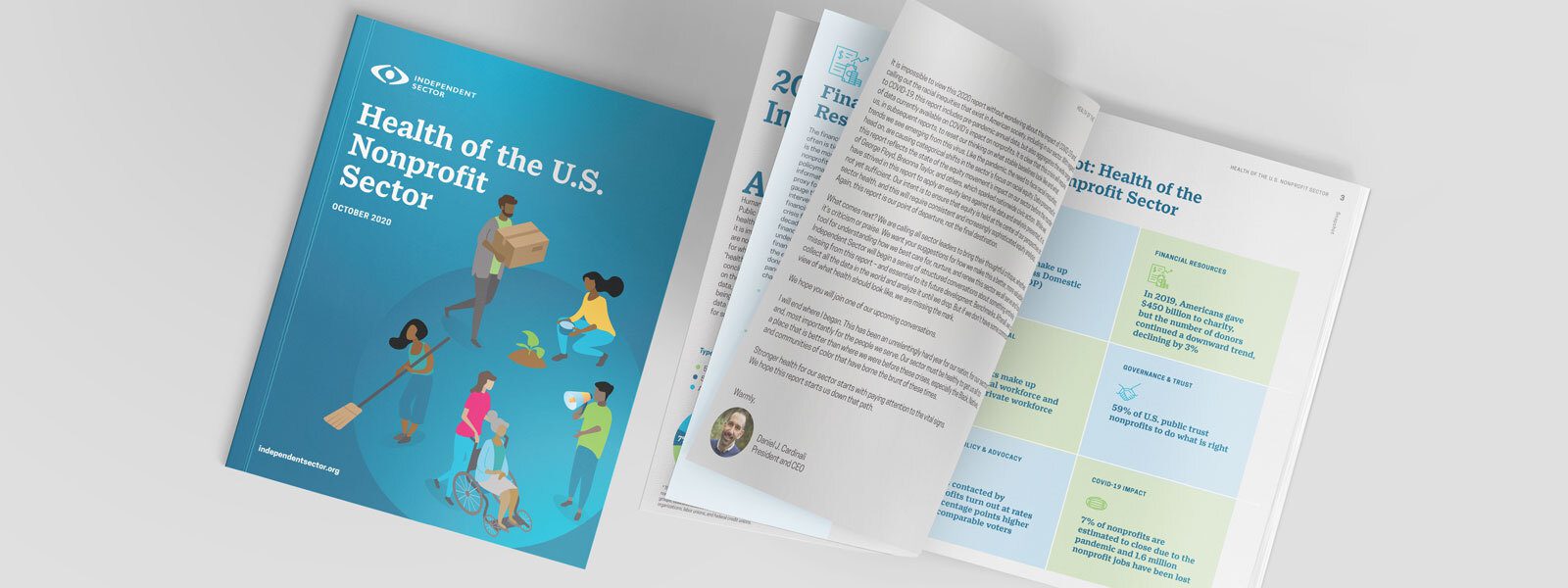Keeping It Ethical is our weekly blog series highlighting the 33 Principles for Good Governance and Ethical Practice. Throughout the series, we hope to highlight the importance of each Principle and the helpful resources associated with it and learn more from you about how you’ve incorporated these Principles into your charitable organization.
Have you heard the saying, “Just because you can do something, it doesn’t mean you should?” Well, Principle 32 is all about that. While it’s not illegal for charitable organizations to compensate a fundraiser (internal or external) based on a commission or a percentage of the amount raised, it’s certainly not a best practice.
Individuals or firms that fundraise for your organization should be compensated based on the skill, effort, and time spent on your nonprofit’s behalf. In fact, many professional fundraiser associations prohibit their members from accepting payment for fundraising activities based on a percentage of the amount of charitable income raised, or expected to be raised.
Why is it not cool? Here are a few reasons:
- Basing compensation on a percentage of the money raised can encourage fundraisers to put their own interests ahead of your organization best interests, and lead to inappropriate techniques that could jeopardize your organization’s values and reputation.
- Donor trust and behavior could be impacted, some may feel pressured to give while others may be turned off by the practice.
- Percentage-based compensation could lead to payments that could be regarded by legal authorities or perceived by the public as “excessive compensation,” compared to the actual work conducted.
- Percentage-based compensation also may be skewed by unexpected or unsolicited gifts received by the charitable organization through no effort of the fundraiser.
These reasons also apply to employees who fundraise for your organization. So if your organization wants to give bonuses to employees for exceptional work in fundraising, administrative, or program activities, make sure there are clearly defined criteria showing that the bonuses are based on the quality of work performed, and not the percentage of funds raised.
Commissions hide everywhere.
Some online and mobile fundraising platforms and credit card providers charge charitable organizations transaction fees for processing donations that are often based on a percentage of the donation or transaction. Make sure your nonprofit doesn’t treat these fees as fundraising compensation, and that the fees are reasonable and comparable to those charged similar organizations and businesses, whether they are applied to contributions or payments for services.
If you need more information about fundraiser compensation, we’ve got more resources for you:
- Should fundraisers be paid a fixed fee or a percentage of the money raised? – GrantSpace by Candid.
- Commission-Based Compensation for Fundraising – ConservationTools.org
- Ethical Fundraising– National Council of Nonprofits
- Can My Nonprofit Pay a Fundraising Consultant a Percentage of What They Bring In? – Maryland Nonprofits
There’s also more related to Principle 32 on Independent Sector’s Principles Resources Center.
If you have additional helpful resources that support Principle 32, share them below, as well as any comments you may have. You also can use #npethics on social media.



